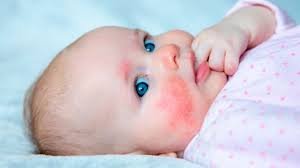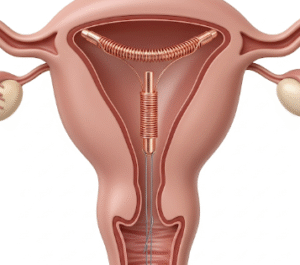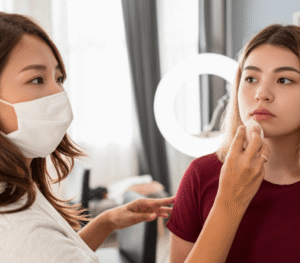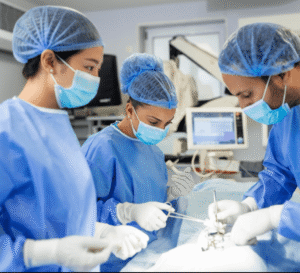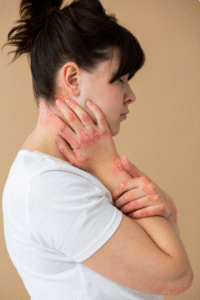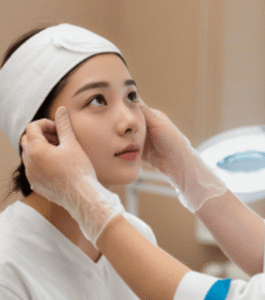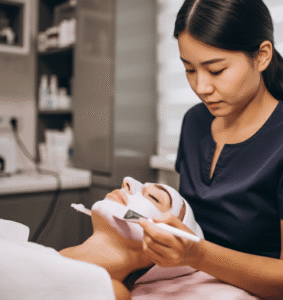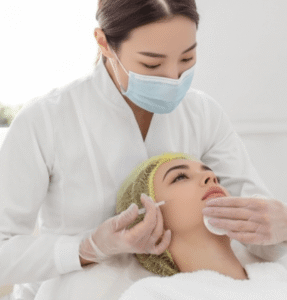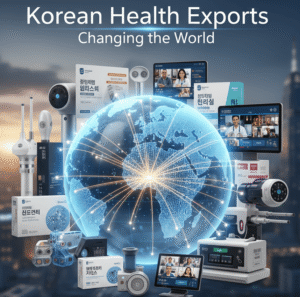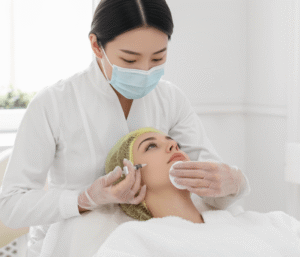Overview
Milk allergy is one of the most common food allergies in children, although it can also persist into adulthood. It occurs when the body’s immune system reacts abnormally to proteins found in cow’s milk. In South Korea, where dairy consumption has increased over the past decades, awareness of milk allergy is growing. Pediatricians and allergy specialists in Korea provide advanced diagnostic testing and personalized management strategies, making effective treatment and support available for children and adults living with this condition.
What is Milk Allergy?
Milk allergy is an immune-mediated reaction to proteins in cow’s milk, primarily casein and whey. Unlike lactose intolerance, which is a digestive issue caused by the lack of lactase enzyme, milk allergy involves the immune system and can trigger mild to severe allergic reactions. It often appears in infants and young children after the introduction of cow’s milk but can continue into adulthood in some cases.
Symptoms
- Skin reactions: hives, eczema, itching
- Gastrointestinal issues: vomiting, diarrhea, abdominal cramps
- Respiratory problems: coughing, wheezing, shortness of breath
- Swelling of lips, tongue, or throat
- Severe reactions: anaphylaxis, a potentially life-threatening condition
Causes
- Abnormal immune response to milk proteins (casein, whey)
- Genetic predisposition to allergies or atopic diseases
- Early introduction of cow’s milk in some infants
Risk Factors
- Family history of allergies (asthma, eczema, hay fever, food allergies)
- Infants and young children (most common age group)
- Individuals with other existing food allergies
- Children who were not exclusively breastfed in early months may have higher risk
Complications
- Severe allergic reactions (anaphylaxis) requiring emergency treatment
- Nutritional deficiencies, especially calcium and vitamin D, if milk and dairy products are avoided without proper substitutes
- Social and dietary limitations, particularly in schools and social gatherings
Prevention
- Exclusive breastfeeding for the first 6 months, where possible
- Gradual and monitored introduction of allergenic foods under pediatric guidance
- Strict avoidance of cow’s milk and dairy in diagnosed individuals
- Careful reading of food labels to avoid hidden milk proteins
- Carrying an epinephrine auto-injector for patients at risk of severe reactions
Treatment Options in Korea
South Korea has well-established allergy care facilities, particularly in pediatric hospitals and major medical centers.
- Diagnosis
- Skin prick tests and blood tests (specific IgE testing)
- Oral food challenges under medical supervision
- Detailed allergy history and dietary review
- Medical & Lifestyle Management
- Complete elimination of cow’s milk and dairy products
- Prescription of antihistamines for mild reactions
- Epinephrine auto-injectors (EpiPen) for patients at risk of anaphylaxis
- Nutritional counseling to ensure adequate intake of calcium, vitamin D, and protein from non-dairy sources
- Alternative Nutrition in Korea
- Widespread availability of soy milk, almond milk, oat milk, and rice milk in Korean supermarkets
- Pediatric nutritional supplements for children with milk allergy
- Dairy-free options in restaurants and cafes are increasingly available in urban centers like Seoul and Busan

